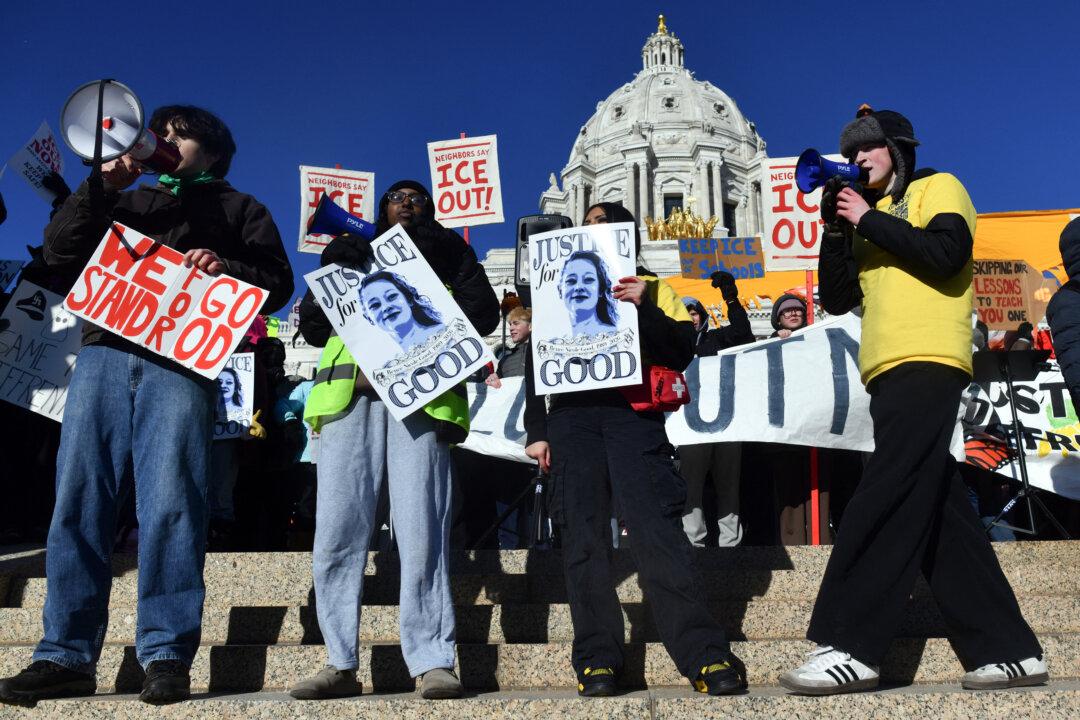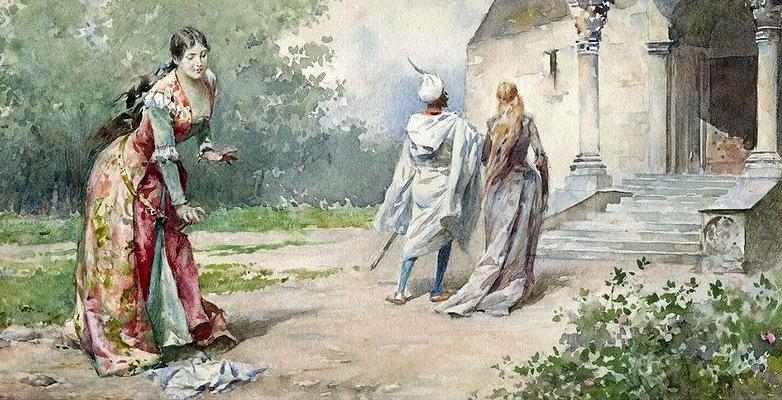At the beginning of January, 2020 (I was tempted to write “At the beginning of January, 2020 BC,” that is, Before Covid), a book was published in France that caused a great stir. It was written by Vanessa Springora, a publishing executive, and it was called “Le Consentement,” “Consent.”
It recounted her sexual exploitation as an adolescent girl by Gabriel Matzneff, a writer respected by a literary coterie but not with a wide readership. Springora was 14 and Matzneff 50 when their “affair” began.





